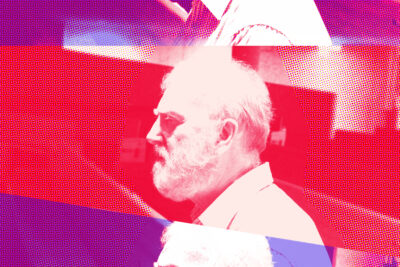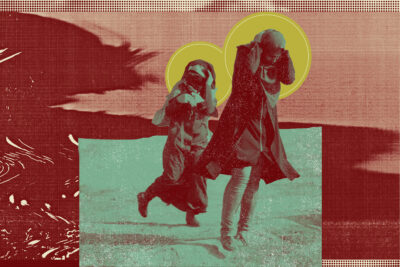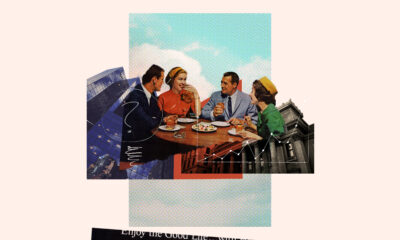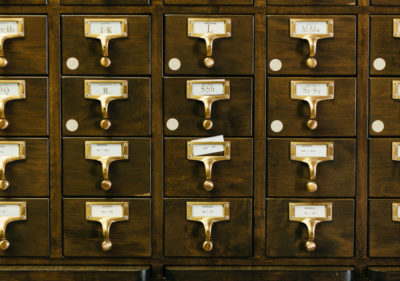The year of Coronavirus gave me a glimpse of how it feels to be ‘labelled’
Anyone who has worked in marketing and promoting products can tell you the immense value of labelling, of getting the right image across.
My most vivid recollections of 2020 are of Coronavirus, which for me meant coming to terms with being labelled. Texts from the City Council and letters from the Government told me that I was “extremely vulnerable”, and advised me to take extra safety precautions by “shielding”. I was so angry! I hadn’t asked for this label and I felt I didn’t deserve it. Yes, I had a chest condition and a heart condition, but I had not had a day off work with either for the whole of my career. And I certainly didn’t consider myself “vulnerable”.
That label had a huge effect on the way I lived, and prevented me from helping in any practical way. But it made a bigger effect on the way I thought of myself. For the first time in my life I felt useless, unnecessary and expendable. The world outside of my “shielding” at home was getting on very well without me.
I did recognise that I was so much better off than many people. I was not living alone, and my husband was able to go out to shops to provide for all my needs; as a retired person I had a regular income with no job worries; I had no elderly relatives to worry about; my children and grandchildren were well and Covid-free. After some weeks, I saw the self-centredness and pride contained in my reaction to my label.
That label had a huge effect on the way I lived, but it made a bigger effect on the way I thought of myself. For the first time in my life I felt useless, unnecessary.
One day in early Summer I was reflecting with my eyes fixed on a crucifix. Then my eyes focused on the label above Jesus – INRI – which translates to “Jesus the Nazarene, King of the Jews”. It struck me that Jesus had been labelled using a term that he had had never used for himself, never earned in any way. Yet this label gave a justification of sorts to those who would deride him, and treat him with cruelty to the point of crucifixion.
Instead of selfishly concentrating on my own label, I began thinking of those in society who are treated with derision and cruelty because of the label they are given. We all are labelled by gender, age, nationality, religion and many other factors. But there are some labels that make people feel different to the majority, which marginalise them and often cause them to be mocked and ill-treated. These labels concern skin colour, intellect, social status, illness or disability. They can lead to assumptions and judgements by others leaving them shunned and excluded and damaging their self-perception for life. How often have I, consciously or unconsciously, treated others differently because of a label that society has given to them?
I have been given just a glimpse of how living with a label can have a negative effect on life. My New Year resolution is to keep this in mind and act on it, taking care with my language and behaviour, realising each of these people is sharing the derision and cruelty suffered by the crucified Christ.
Related Stories

To Illumine the Mind: the Catholic diaspora in Paris
In Paris, Martin Coffey leads a church overflowing with working class immigrants. The picture of religion in France, he tells us, is not what you think.
Mar 01 2024

Stations of the Cross in Palestine
In Passionist spirituality, the Stations of the Cross are a journey transcending time: repeating in everyday suffering, especially now in Gaza.
Jan 25 2024

A parable to remind us that resistance matters, even in mundane things
Paul McGowan, from our friends at Pax Christi, re-examines the well-trodden 'Parable of the Talents'. What is this is not a lesson about 'gifts', but a story about collaboration and resistance?
Dec 01 2023

